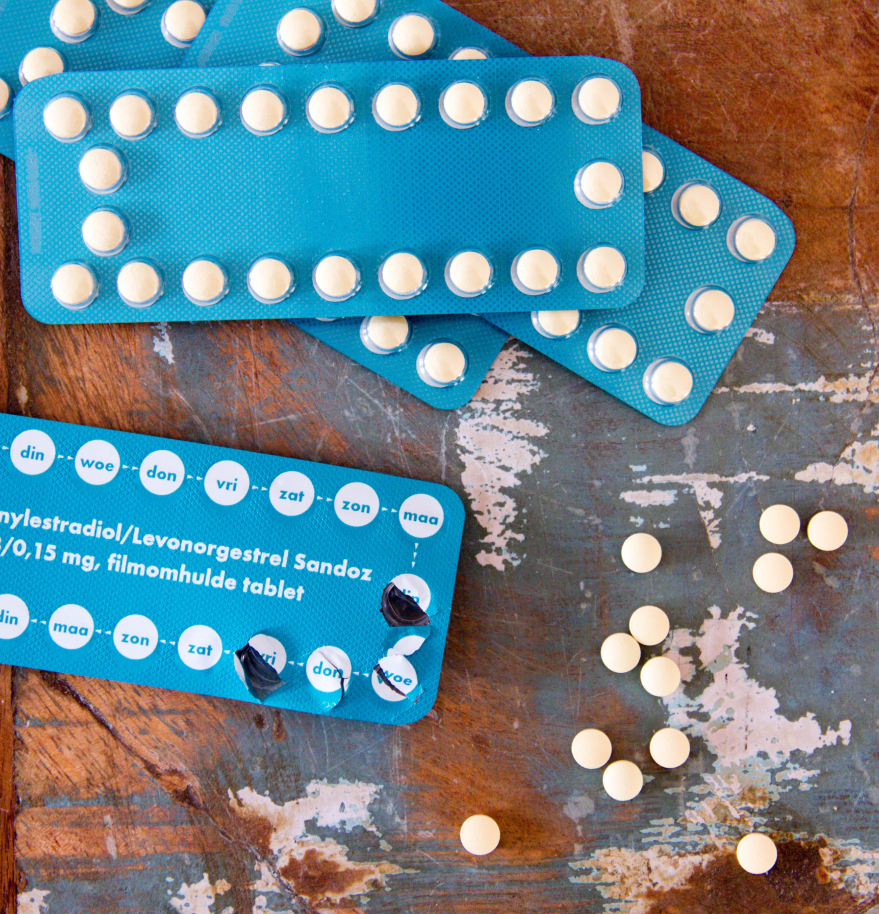
Hormones are at the root of everything our bodies do. From appetite to weight to mood, hormones control every function of the body.
Much like a car can’t run without oil, the human body can’t function without the right hormone levels. Just one hormone level that’s out of whack can cause dramatic consequences for the entire intricate system of the whole body.
Many times, when someone notices some type of irregularity in their body, hormones have something to do with it.
In this post, we’ll talk about why hormonal imbalances occur, what problems they cause, and how to balance hormones.
What Contributes To Hormonal Imbalance?
Our body’s systems work together in an incredibly complex and intricately connected way. And flowing throughout those systems, keeping everything running smoothly, are hormones.
We often associate the word “hormones” with adolescence or menopause, and think of the sex hormones estrogen and testosterone. While these hormones have a huge impact on things like mood, energy, and sex drive, there are many other hormones at work as key regulators of every system of the body.
What factors can contribute to changes in our many hormone levels?
Stress
One of the biggest factors affecting hormones is a beast we’re all familiar with: stress.
Stress is more than a psychological phenomenon; it affects our bodies as well. If we were, say, running from a bear, we’d be stressed — and that stress would help us survive.
Stress floods our bodies with hormones like cortisol and adrenaline to get us ready to fight or flee. Everything goes into overdrive: Our blood pressure spikes, our heart rate increases, our brain switches into high gear, and our muscles get ready for action.
Our stress response has a purpose. It saves us from bears (among other dangers).
These days, we’re not often fleeing from bears, but we still experience high levels of stress from other sources, like our jobs, relationships, or financial burdens. And it still elicits those same reactions from our body.
The fight or flight response works wonderfully well in one-and-done, infrequent, emergency usage. Daily usage, however, takes its toll. With all those stress hormones surging through us so frequently, our bodies receive a constant pummelling. They’re repeatedly ready for an attack that never comes.
This is why stress management is so important. And, when stress just can’t be avoided, it’s why exercise is such a great outlet for our overstimulated, hormone-saturated bodies.
Diet, Exercise and Weight Gain
Diet is one of the most important factors that can cause hormonal imbalance. For example, when we’re eating too much sugar or too many simple carbohydrates, our blood sugar levels spike, causing a big release of insulin.
Insulin tells our bodies to store that sugar away as fat. Excess fat reduces testosterone production and begets more fat. It’s a vicious cycle that’s difficult to break without some help.
Regular exercise is also a huge factor in promoting proper hormone regulation. For example, if you were to wear a blood glucose monitor and take a walk after dinner, you’d see how effective a little movement is at reducing surging glucose and insulin levels.
Aging
Our hormones change, sometimes radically, at different stages of our life. While these are natural processes, we can still consider them as imbalances.
When we go through puberty, for example, we suddenly experience wild spikes and fluctuations in hormone levels that we’ve never experienced before. And at that age, we’re not well equipped to respond with much emotional or mental control.
Examples of Hormonal Imbalance
Classically, physicians have diagnosed eating disorders as a purely psychiatric diagnosis, but perhaps they deserve a hormonal diagnosis as well.
These tragic disorders often involve hormonal imbalances, especially for those going through puberty. Teenagers experiencing depression can receive a lot of comfort from eating.
When we eat, digestive hormones get to work and play two major roles. Firstly, the hormone dopamine is released, providing a “quick fix” for happiness. Secondly, insulin is released, driving that need to eat even more. A teen can almost experience withdrawal if they don’t eat when their hormones are screaming at them to. It creates a vicious cycle.
Another example of a serious hormonal imbalance is postpartum depression. A new mother’s hormones are struggling to return to normal levels, and she may experience an imbalance that leads to depression. We can treat this with a medication to rein in hormone levels and help control these symptoms, and we can also look at other health factors to see what might be suppressing her serotonin levels.
How To Balance Hormones
Many people know about some common assists for hormonal imbalance such as antidepressants and hormone replacement therapy (HRT). We’ll talk about those here, but we also want to introduce a radical concept for achieving hormonal balance: the whole body approach.
1. The Whole Body Approach
Every system in the body works together, which means when we talk about how to balance hormones, we need to talk about the whole body.
In the whole body approach for balancing hormones, we consider four main pillars that have a profound effect on the whole body (and its hormones): sleep, stress, diet, and exercise.
By making improvements in each of these areas, you can dramatically improve your body’s hormone balance.
What’s important is to start with the pillar that’s most sustainable for you. Some of us have no issues sleeping, and that’s fantastic. In that case, maintain your good sleep and move onto the next area you’re most comfortable with.
Maybe you enjoy working out but have gotten out of the habit. If so, then focus on increasing exercise next — something you enjoy anyway — and you’re halfway there.
When you get a good handle on the aspects that are easier for you, you have a better opportunity to succeed in the hard work on something else.
The trick is to not change too many aspects at once, and to make changes that are sustainable.
The whole body approach is healthy for everyone. There’s no downside to making improvements in each of these areas. But it isn’t always enough.
Make sure you stay in conversation with your physician about your hormone levels. Together, you can identify when lifestyle changes aren’t enough to achieve balance.
2. Hormone Replacement Therapy
One of the more well-known and popular forms of hormone treatment is hormone replacement therapy (HRT). But unlike the whole body approach for balancing hormones, HRT isn’t for everyone.
HRT can be a great option for some people when their hormone levels — particularly their sex hormones — are out of balance, especially as a result of aging.
You can think of HRT as a short-term boost that can help get people over a health speed bump or break out of a negative cycle. For example, it might help a man low on testosterone to lose weight and return his own testosterone production to normal again.
HRT is not for everyone and isn’t a long-term strategy for all hormonal imbalances. It’s important to have a conversation with your doctor about whether or not trying HRT would be a helpful option.
3. Medications
Antidepressants are another well-known hormonal assist.
Depression is often caused by a hormonal imbalance and is a complex illness to treat. Some people who are experiencing depression benefit greatly from antidepressants, and others don’t. This is an important matter to navigate with the help of your physician and mental healthcare professional.
A new type of hormone-modifying medication available is the appetite controlling medication.
For example, a new class of drugs called GLP1 agonists help control insulin release and reduce insulin resistance. They do an incredible job of helping to suppress appetite. So when lifestyle modifications aren’t enough to get those food-related hormones in check, something like this might be useful until you can develop new eating habits and your system gets back under control.
Again, though, these drugs won’t be for everyone, and they typically aren’t long-term solutions.
The Bottom Line on How To Balance Hormones
For any medication or solution, we ask: Will this help you or harm you? The key is to find what is the most sustainable and healthy option for you.
Rather than using either drugs or HRT as a lone solution, it’s better to apply the whole body approach and then find where you can add the support of other therapies in a safe, beneficial way. This means working with your physician to find healthy, sustainable, and individualized solutions that work for you.




